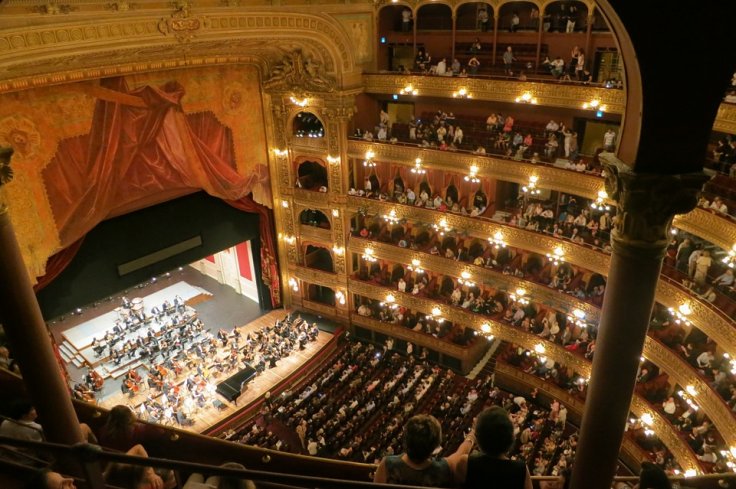A new study by a team of researchers from the University College London (UCL) has found that frequent visits to the theatre, art galleries, concerts or museums could help you live longer.
The researchers tracked a total of 6,710 adults over the age of 50 years for almost 12 years and revealed that occasional connect with various cultural activities every few months or even more can cut the risk of premature death by 31 percent.
Visiting theatre once or twice can be beneficial

The UK research, led by Dr Daisy Fancourt, also observed that people who engaged into such art activities just once or twice a year had 14% lower risk of dying than those who never took part in such events. According to the researchers, a number of theories have suggested that arts can boost a person's longevity by improving his mental health, developing cognitive reserve, reducing risk-taking and sedentary behaviours.
In addition, some previous studies have also associated arts with improved physical and mental well-being, including serious health issues such as dementia, chronic pain and frailty.
Benefits should be accessible to everyone
However, the researchers admitted that they could not establish the exact cause and effect of such a change in this observational study. But, Fancourt said, "Overall, our results highlight the importance of continuing to explore new social factors as core determinants of health."
The experts also said that it is very important to ensure such health benefits of the arts are for everyone, especially those who suffer from depression and loneliness.
Nicola Gill, a GP based in Yorkshire, said, "Is it magical realism to imagine a resource commonly available in homes and communities could improve life expectancy? This research is not magical, but very real; it adds to our understanding of the health benefits of the arts and raises important questions for further research." The researchers also believe that this study should also help in reconsidering the decline of arts subjects and music in schools and universities.









